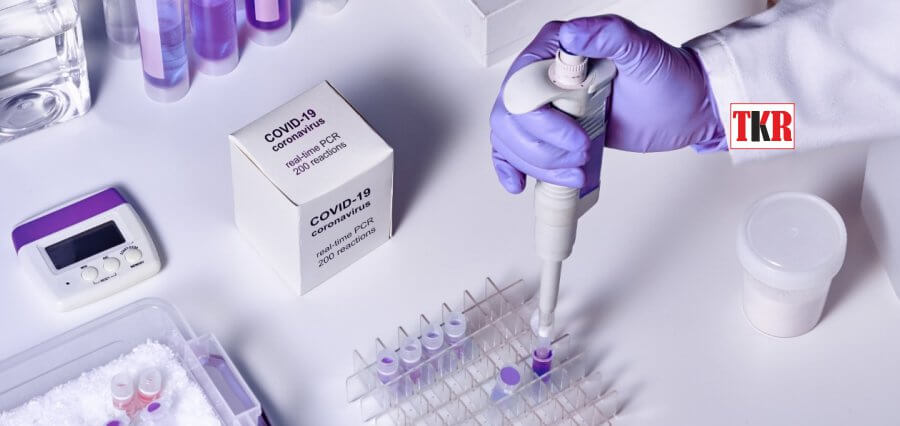According to the covid bulletin published by the health ministry on Wednesday, India reported 188 new covid cases and zero deaths in the previous 24 hours. In the last three years of the pandemic, there have been 530696 total deaths, bringing the overall number of active cases to 3468 and the total number of covid cases to 4.46 crore.
While Kerala registered 1358 active cases, Karnataka reported 1248 active cases. There are currently 162 active cases in Maharashtra, 89 in Odisha, 83 in Rajasthan, 55 in Tamil Nadu, 50 in Uttar Pradesh, and 53 in West Bengal.
Over 1,34,995 tests have been performed in the nation in the previous 24 hours, bringing the trajectory of covid testing to 91.01 crores thus far. More than 220.07 crore vaccine doses have now been given to citizens of the country as part of the COVID vaccination campaign. Approximately 90,529 vaccination doses were given during the course of the last 24 hours.
Under the direction of the Department of Biotechnology (DBT), INSACOG is continuously sequencing the human genome to look for new variants while also closely monitoring the situation with covid in the nation.
Additionally, surveillance is being conducted at the hospital level to track cases of SARI and influenza-like diseases.
Health Minister Mansukh Mandaviya inspected a fake covid response drill at the central government-run Safdarjung Hospital in the nation’s capital to assess the hospital’s readiness to handle a rise in covid patients amid a spike in instances in China and other nations.
According to Mandaviya he discussed the state of COVID-19, its readiness, prevention, and management with State Health Ministers. To assess the readiness for the management of COVID-19, for which clinical readiness at hospitals is essential, mock drills were held across the nation.
The mock practice concentrated on bed capacities, such as isolation beds with oxygen and ventilator assistance and ICU beds. Additionally, the accessibility of physicians, nurses, ASHAs, paramedics, AYUSH physicians, etc., was examined. The focus areas included RT-PCR testing, including the availability of kits, laboratories, and other crucial equipment and reagents, as well as the availability of essential medications, PPE kits, BiPAP machines, SPO2 systems, oxygen cylinders, N-95 masks, PSA plants, medical gap pipeline systems, ambulances, etc., and telemedicine facilities.
Negative RT-PCR Report to be Mandatory for Travellers
At the beginning of next week, the government is likely to make negative RT-PCR results a requirement for travelers traveling from China and five other countries. The following 40 days will be significant, officials cautioned, since India might experience a Covid rise in January.
A fresh COVID-19 wave takes 30-35 days to travel from East Asia to India, according to historical statistics. Scientists think that the situation in India may be different than in China because a vast number of people have been exposed to the virus and have also received vaccinations, despite growing concerns about the next wave. Therefore, a second large Covid-19 surge in India is extremely unlikely, according to an expert.
According to the sources, filling out “air suvidha” forms and 72-hour prior to RT-PCR testing may become requirement starting the following week for international travelers arriving from China, Japan, South Korea, Hong Kong, Thailand, and Singapore as the government tightens regulations related to Covid-19.
Out of the 6,000 international passengers that were tested for Covid-19 upon arrival in the last two days, according to the sources, 39 were determined to be positive.
Mansukh Mandaviya, the union minister of health, will go to the Delhi airport on Thursday to assess its testing and screening capabilities, according to reports.









